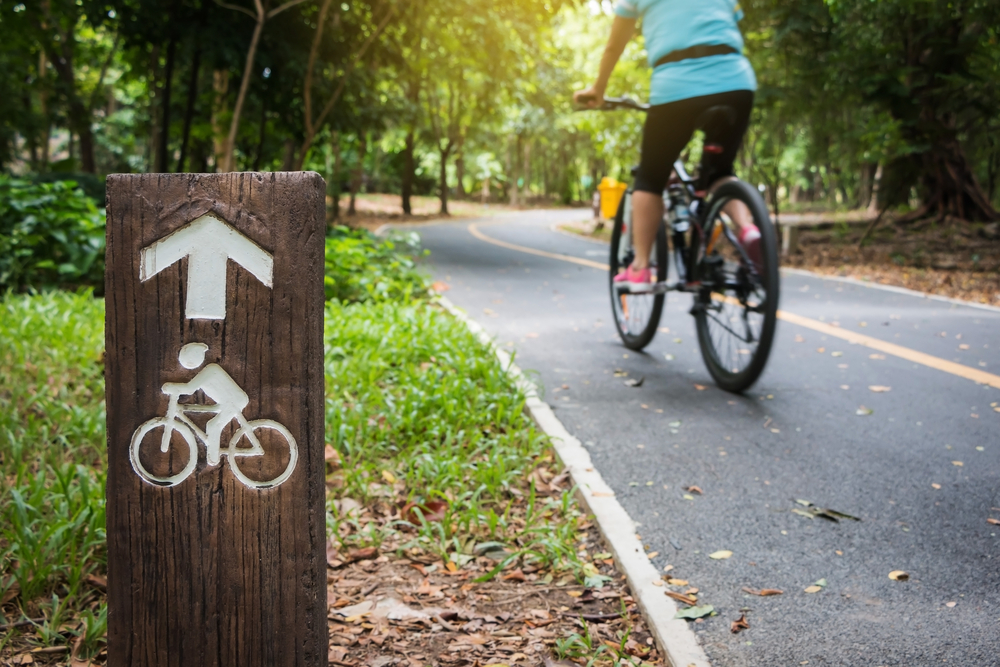Summer is an exciting time for children and adults alike. In summer, many families take to the road for vacation spots, visiting loved ones, and much, much more. But while this is a fun and common activity, it can have a dark side. According to statistics by AAA over 2.9 million travelers will take to the road this summer, beginning with Memorial Day. Even when all the right safety precautions are taken, road trips can be dangerous. If you or a loved one has been injured in a car accident due to the negligence of another, contact the experienced personal injury attorneys at Salter Ferguson, LLC today to schedule your case evaluation. You could be eligible for compensation for your injuries.
With so many people on the road at once, the risk of an accident is much greater. Thankfully, many accidents could be avoided simply by taking a few precautions. Below are five tips for staying safe on a summer road trip:
Proper Planning
Many road trips involve passing through a variety of different states. This often means long stretches of road with nothing around and some stops for rest. Before taking a road trip, one should take the time to plot their trip. Be it by GPS or map apps, reading over the course and becoming familiar with it can help make for a smoother, safer trip. If planning stops along the way for rest, it helps to book these places in advance as many travels may have already done so.
Weather
While traveling, it is not uncommon to run into inclement weather like heavy rain and thunderstorms. Before embarking on a road trip, one should be mindful of weather conditions in the different areas they will be driving in. Knowing this information beforehand can give the driver a better idea of alternative routes or emergency stops that could be taken if the weather becomes too severe.
Preparation
Even the shortest of road trips can feel very long. Before taking to the road, one should be mindful of packing essentials for emergencies and leisure. A sample list could include a first aid kit, a cellphone and charger, a dedicated GPS unit, spare tire and tools, road flares, basic toiletries, snacks, and more. This list can vary greatly depending on the kind of trip, but it helps to browse pre-existing travel lists for a better idea of what to bring.
Vehicle Preparation
Regardless of the destination, a vehicle should always be inspected before a trip. One should check the tire pressure to avoid chances of a blowout. If the tires are exceedingly worn, it may be worth investing in a new tire before taking to the road. The turn signals, hazard lights, and brake lights should also be inspected and repaired if damaged before taking to the road. Finally, fluids should not be overlooked. Oil levels, coolant levels, windshield wiper fluid and of course, fuel level should all be checked before leaving, addressing any issues beforehand.
Drive Carefully
Finally, the most important rule one could follow is to drive carefully. While many feel the need to rush to avoid reckless drivers, the best course of action is to simply drive carefully. One should mind the rules of the road, being mindful of other motorists and observing the speed limit.

